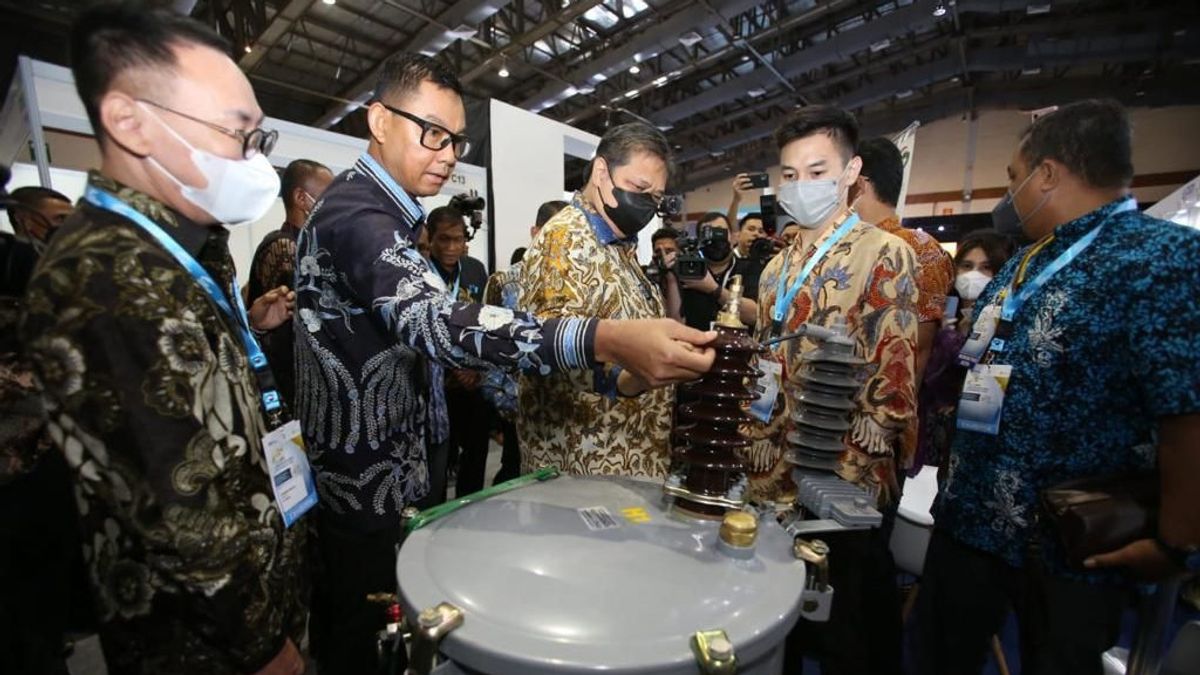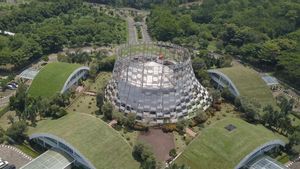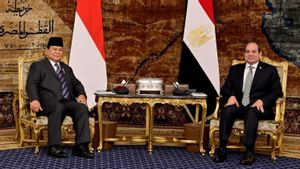PT PLN (Persero) synergizes with PT Krakatau Steel (KS) and Pertamina Lubricants to support increased use of domestic products in the electricity energy sector.
This collaboration was outlined in the signing of the Memorandum of Understanding (MoU) between PLN and KS and PLN and Pertamina Lubricants.
With KS, PLN synergizes in the development and use of steel products. Meanwhile, with Pertamina Lubricants, PLN synergizes in the development and use of lubricant oil and transformer oil.
PLN President Director Darmawan Prasodjo said, through the synergy across State-Owned Enterprises (BUMN) and collaboration with various private companies, PLN seeks to consolidate the volume of using silicon steel and transformer oil.
Through this collaboration, it is hoped that the silicon steel products that were previously produced abroad can now be produced domestically.
Silicon steel itself is one of the most important materials used as the core or core of a transformer.
"This collaboration is also carried out so that the silicon steel and transformer oil industries can be available domestically," he said.
PLN's collaboration with Pertamina Lubricant, a subsidiary of PT Pertamina, is to present the production of transformer oil in Indonesia.
This step was taken to answer the challenges of getting raw materials from within the country for projects in the transformer industry.
"The challenge of providing raw materials is then a tit for tat with the quick steps of Pertamina and Krakatau Steel friends to work with PLN to create an industry that can meet this need," he said.
According to him, this acrobatic step is expected to increase the number of TKDN in the transformer industry, which is only around 30 percent to 40 percent.
Initially, this figure was very difficult to increase it even higher, considering that the main raw materials, namely silicon steel and transformer oil, still came from abroad, aka imports.
Meanwhile, each of these products takes 30 percent of the production costs. Not to mention the problem of its limited producers, which in this world for silicon steel there are only 10 manufacturers.
So the world is scrambling to get it and resulting in an expensive price, very limited availability. And to get it must be indent for four months to six months.
In economic principle, if goods are increasingly rare and difficult to obtain, then the price will be more expensive.
"The silicon steel we get imports from our partners, it's rare. It's forbidden because the producers are very limited. They've been fighting for a long time, because it's rare for goods, the price is high. So this is what caused it earlier," he explained.
Meanwhile, the Commercial Director of PT Krakatau Steel Melati Sarnita supports the government's Domestic Content Level (TKDN) improvement program to help domestic industry players grow.
According to him, the TKDN program can provide business certainty for domestic industry players.
"The application of TKDN, for us in the TKDN industry, is actually a tool to increase utilization. Because the average domestic utilization is very low, compared to when they build a skills economy, when they build the industry. The investment is not reversed is the most common problem, the industry invests but does not have a guarantee for return," he explained.
Therefore, said Melati, she gave her appreciation to PLN for willing to take the initiative to encourage the use of domestic products through collaboration. He hopes that more business actors will have this initiative.
"I am very happy that PLN can carry out joint development with industry. The collaboration carried out by PLN with the entire industry is extraordinary," said Melati.
The English, Chinese, Japanese, Arabic, and French versions are automatically generated by the AI. So there may still be inaccuracies in translating, please always see Indonesian as our main language. (system supported by DigitalSiber.id)













